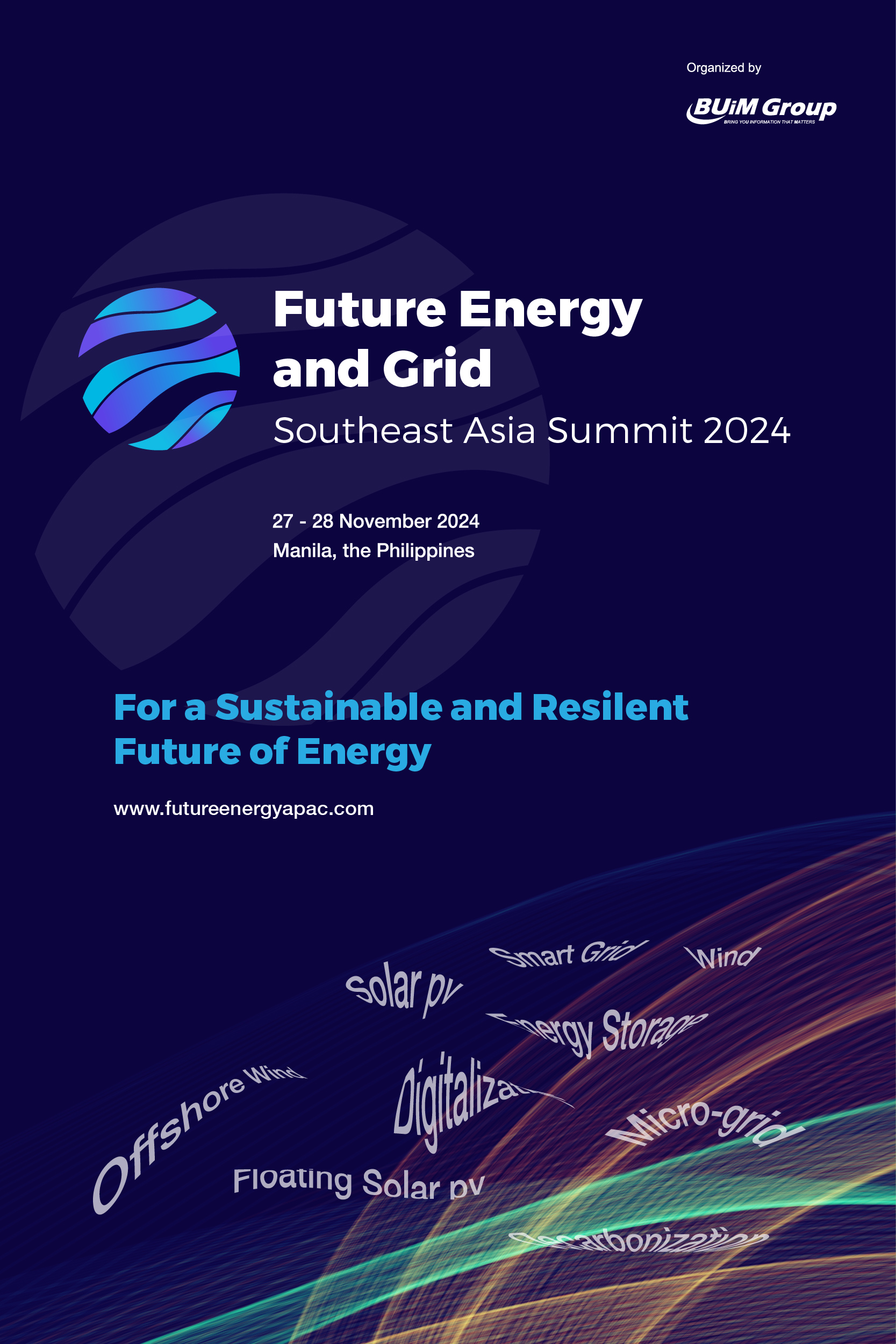While the Department of Energy (DOE) has vowed to increase the Philippines’ renewable energy (RE) capacity, it opted to be rather silent on the phaseout of coal power generation technologies from the country’s energy mix.
In a letter dated November 3 to Alastair Totty, Charge d’ Affairs of the British Embassy in Manila, Energy Sec. Alfonso Cusi welcomed the request of the United Kingdom for the Philippines’ support to the Global Coal to Clean Power Transition Statement slated for launching during the Energy Transition Council Ministerial meeting at the United Nations Climate Change Conference, better known as the 26th Conference of the Parties (COP26) in Scotland.
The said statement calls for the phaseout of coal power for major economies by 2030 and for the rest of the world by 2040. Under the Philippine Energy Plan (PEP) 2020-2040, the DOE aims for RE to comprise 35% of the country’s energy mix by 2030 and 50% by 2040.
However, Cusi reiterated the DOE’s call for “climate justice,” noting that the Philippines is not a major emitter of greenhouse gases (GHG) but bears the worsening impacts of climate change.
“We cannot behave like developed economies since we are a developing country. Nonetheless, we remain committed to a gradual transition to renewable energy. The immediate transition will entail additional cost so we must strike a healthy balance in protecting our consumers and our economy and our quest for a cleaner environment,” Cusi said.
The DOE committed, though, “to rapidly scale up deployment of clean power generation and energy efficiency measures in our economies and to support other countries to do the same, recognizing the leadership shown by countries making ambitious commitments, including through the Energy Transition Council.”
It also vowed “to rapidly scale up technologies and policies in this decade,” and to “strengthen our domestic and international efforts to provide a robust framework of financial, technical and social support to affected workers.”
Energy Usec. Felix William Fuentebella, who is attending the COP26, explained that the DOE does not immediately commit to anything that does not fall into the strategies under the PEP.
The government’s call has drawn flak from think-tank Center for Energy, Ecology, and Development (CEED).
“Sec. Cusi refused to commit to making the necessary effort to phase coal out by 2040 or to stop issuing permits and allowing new coal plant constructions, even if we already have a one-year-old coal moratorium,” CEED Executive Director Gerry Arances said in a statement.
“Place that next to the fact that DOE put forward a still coal-friendly [PEP] and [nationally determined contributions] leading up to COP26, and DOE’s signature on this pledge is revealed for what it is: an empty gesture,” he continued.
Last week, Cusi emphasized the importance of coal and oil for the country’s energy security even if the DOE issued a moratorium on the building of new coal facilities last year.
Relative to this, Aboitiz Power Corporation President and CEO Emmanuel Rubio recently said that its program for Net Zero GHG must be “realistic” and “pragmatic.” AboitizPower, the country’s largest power generator, has a coal-majority portfolio. Its latest addition, the 668-megawatt Unit 1 of the GNPower Dinginin coal plant is targeted to go on full commercial operations before the year ends.


